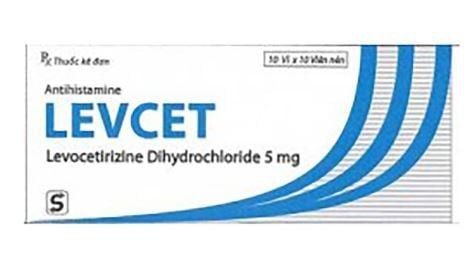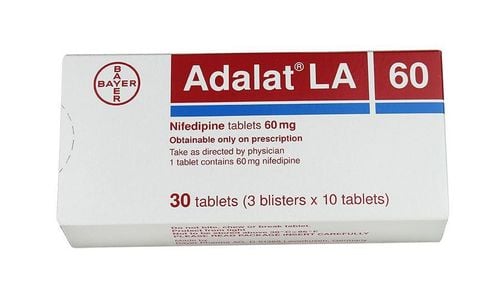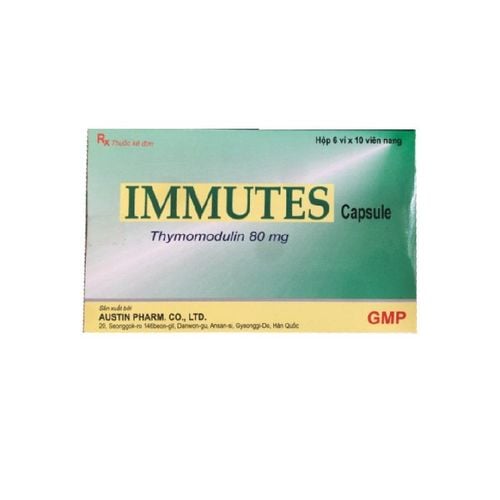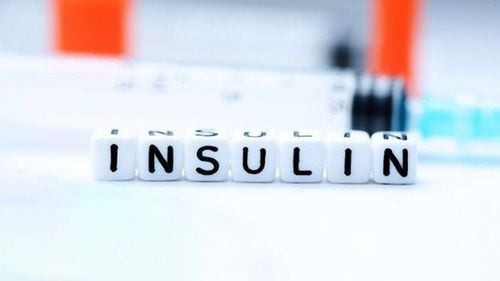This is an automatically translated article.
Chia seeds have a long history as a medicinal herb and are a rich source of omega-3 fatty acids. This product originated in Mexico and was cultivated by the Aztecs. Today, chia seeds are grown commercially in Central America and South America. So what are the specific effects of chia seeds and do they have any side effects?
1. What are the benefits of eating chia seeds?
With just 2 tablespoons of chia seeds (weighing 1 ounce or 28 grams) contain about 140 calories, 4 grams of protein, 11 grams of fiber, 7 grams of unsaturated fat. In addition, this amount of chia seeds also contains 18% of the RDA for calcium and other trace minerals such as zinc and copper. It is also the richest plant source of omega-3 fatty acids. Chia seeds are a complete protein, containing all 9 essential amino acids that the body cannot make on its own.
Chia seeds contain several ingredients that, when used as part of a well-balanced plant-based diet, may help prevent the development of a number of different chronic diseases. The researchers were particularly interested in the linoleic and alpha-linolenic acid (ALA) content of chia seeds. 60% of the oil in chia seeds comes from these omega-3 fatty acids. In animal and human studies, omega-3 fatty acids have beneficial effects on heart health such as lowering cholesterol, regulating heart beat and blood pressure levels, preventing blood clotting, Reduce inflammation in the body. The fiber in chia seeds is mainly soluble fiber and mucilage, which are the substances that give chia seeds their gelatinous texture when moistened. These fibers can help lower LDL cholesterol and slow digestion, which can prevent blood sugar spikes after eating and promote feelings of fullness.
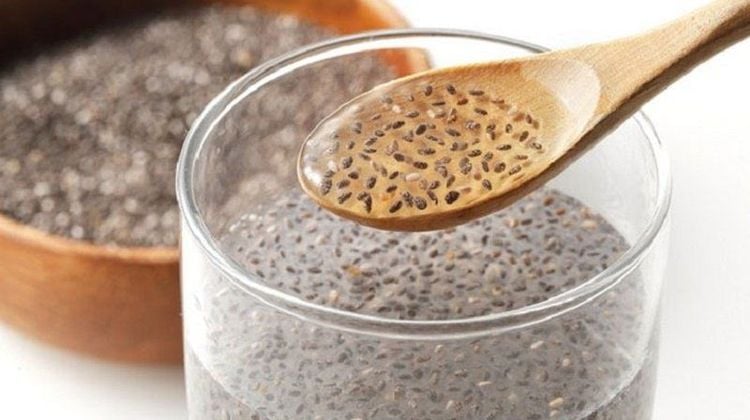
Hạt chia có rất nhiều công dụng
A large-scale Chinese cohort study of more than 63,000 people found that those with the highest intakes of omega-3 fatty acids came from seafood and other plant-based sources of risk. Cardiovascular mortality was reduced by 17% compared with those with the lowest intake. The Nursing Health Study found that the risk of sudden cardiac death was reduced by 40% in women who ate the most ALA. In the CHS Cardiovascular Health Study (CHS) of more than 5000 men and women, 65 years of age and older, the risk of fatal ischemic heart disease was 50% lower when the participants used it. use higher amounts of ALA. Food sources of ALA in these studies included whole grains, cooking oils, legumes, and soybeans.
Animal studies have shown that chia seeds have beneficial effects on cholesterol levels, weight loss, and increased satiety. However, literature reviews and controlled trials in humans have not shown a specific benefit of chia seeds for cardiovascular risk factors such as weight, blood pressure readings, lipid levels, blood sugar and inflammation. These findings confirm that chia seeds do not work alone to benefit human health, but may contribute to disease prevention when chia seeds are incorporated into a varied diet rich in foods. animals and other healthy lifestyle behaviors.
2. Is it good to eat chia seeds a lot?
2.1 Digestive problems when eating too many chia seeds
According to nutritionists, chia seeds contain a lot of fiber with about 11 grams of fiber in each 1-ounce (28-gram) serving.
Fiber is essential for your health, promotes the growth and supports beneficial bacteria in the intestinal tract. However, too much fiber can cause health problems such as abdominal pain, constipation, diarrhea, and bloating.
This condition can also occur when high fiber intake is combined with not drinking enough water, because water is necessary to help fiber move easily through the digestive system.
Furthermore, people with inflammatory bowel diseases such as ulcerative colitis or Crohn's disease may need to monitor their fiber intake and limit chia seeds during flare-ups. These chronic diseases cause inflammation and narrowing of the digestive tract, which can lead to symptoms such as abdominal pain, bleeding, diarrhea, and weight loss.
Because of their high fiber content, eating more chia seeds is protective against future inflammatory bowel diseases. That said, people who are experiencing flare-ups should limit their fiber intake for the short term to relieve symptoms.
To prevent negative symptoms caused by eating a lot of fiber, we can prevent it by increasing fiber intake slowly and drinking lots of water to help fiber move easily through the body.

Hạt chia có tác dụng hỗ trợ sức khỏe đường ruột
2.2 Risk of suffocation when eating chia seeds
While consuming chia seeds is generally safe for most people, in fact, chia seeds can increase the risk of choking. So be sure to use chia seeds carefully, especially if you have trouble swallowing.
This increased risk is because dried chia seeds expand and absorb about 10–12 times their weight when they come in contact with water. This property can be useful when cooking or baking, but they are potentially unsafe, as chia seeds can easily swell and get stuck in the throat.
One study discussed a 39-year-old man who had a dangerous incident with chia seeds when he ate a spoonful of the dried seeds and then drank a glass of water.
The chia seeds expanded in his esophagus and caused an obstruction, which later required an emergency room visit to have the chia seeds removed.
To be on the safe side, you need to soak chia seeds for at least 5-10 minutes before eating. People who have difficulty swallowing need to be very careful when eating this nut.
Chia seeds contain high amounts of alpha-linolenic acid (ALA), which is an omega-3 fatty acid found mainly in plant foods. Omega-3 fatty acids play an essential role in nutrition and have been shown to support many aspects of health, including cognitive function and heart health.
ALA fatty acids are especially important for people who don't eat fish, as they can be converted to docosahexaenoic acid (DHA) and eicosapentaenoic acid (EPA) in only small amounts. DHA and EPA are both active forms of omega-3 fatty acids, and both can be found in seafood.
Scientists generally recognize omega-3 fatty acids as beneficial for health, but some studies have found an association between ALA intake and prostate cancer.
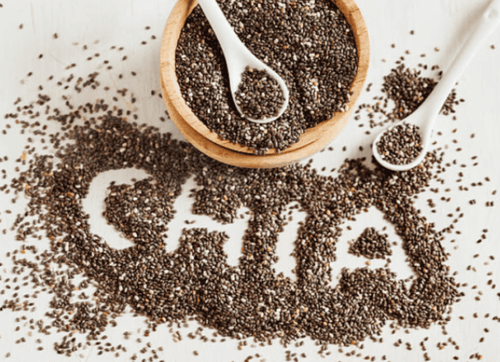
Bạn cần ngâm hạt chia trước khi sử dụng
In fact, a large observational study conducted on 288,268 men showed that ALA intake was associated with an increased risk of prostate cancer.
Another observational study found that people with the highest blood levels of omega-3 fatty acids had a higher risk of prostate cancer than those with lower blood levels. However, studies on this are having conflicting results. A review of five studies found that men who ate at least 1.5 grams of ALA per day had a reduced risk of prostate cancer compared with those who ate less than 1.5 grams per day.
Similarly, another large study of 840,242 men found that higher ALA intake was associated with a lower risk of prostate cancer. Therefore, further studies are needed to examine the possible relationship between ALA intake and prostate cancer.
2.3 Allergy to Chia seeds
Some people may experience an allergic reaction after eating chia seeds, although this is not common.
Food allergy symptoms can include vomiting, diarrhea, and itchy lips or tongue. In some severe cases, a food allergy can even lead to anaphylaxis, a life-threatening condition that causes difficulty breathing and tightness in the throat and chest. In the case of new use of chia seeds and notice unusual signs, you need to immediately go to a medical facility to discuss further with the doctor.

Nôn ói có thể là một tác dụng phụ của hạt chia
2.4 Interaction with some drugs when eating too many chia seeds
Although chia seeds are safe for most people, you can limit your consumption of chia seeds if you are taking blood sugar or blood pressure medication. This is because eating too many chia seeds can interact with the effects of some medications for these two conditions.
2.5 Medicines for diabetes
With the nutrient content in chia seeds, can help reduce blood sugar significantly. The mechanism of this phenomenon may be due to the high fiber content in chia seeds, which slows the absorption of sugar in the blood and can lower blood sugar levels.
In some cases eating moderate amounts of chia seeds can help people with diabetes control blood sugar. However, insulin dosage is individualized and should be carefully adjusted to prevent drops and spikes in blood sugar.
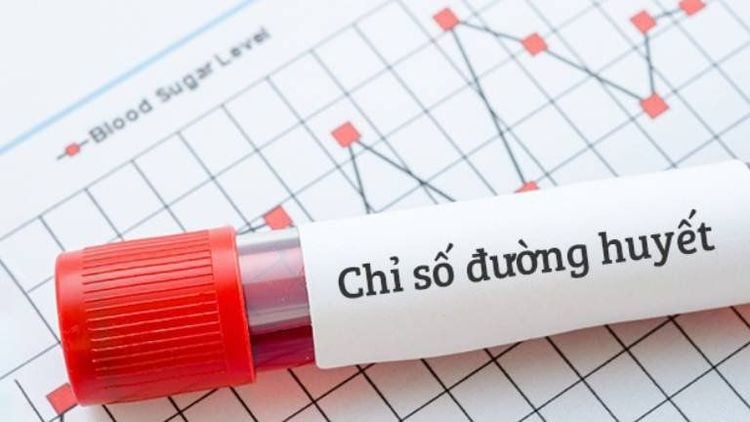
Hạt chia có công dụng như một loại thuốc giúp hỗ trợ điều trị bệnh tiểu đường
2.6 Blood pressure medication
In addition to lowering blood sugar, chia seeds also work to lower blood pressure.
Research results show that eating chia seeds for 12 weeks reduces blood pressure, along with markers of blood sugar and inflammation. Experts explain this effect because chia seeds are high in omega-3 fatty acids, which have been shown to have blood-thinning effects and can lower blood pressure.
A study in 90 people with high blood pressure found that taking an omega-3 fatty acid supplement for 8 weeks reduced systolic blood pressure by 22.2 mmHg and helped reduce diastolic blood pressure by an average of 11.95 mm Hg. However, the people in this study were also on hemodialysis, so these results may not apply to the general population.
Once you have answered the question of whether it is good to eat a lot of chia seeds, you can create a safe diet with this seed for yourself. If necessary, you can also go directly to Vinmec International General Hospital to have a doctor check your current health status and advise on appropriate nutrition, helping to minimize the risk of disease.
Please dial HOTLINE for more information or register for an appointment HERE. Download MyVinmec app to make appointments faster and to manage your bookings easily.
Source: healthline.com - webmd.com - hsph.harvard.edu





